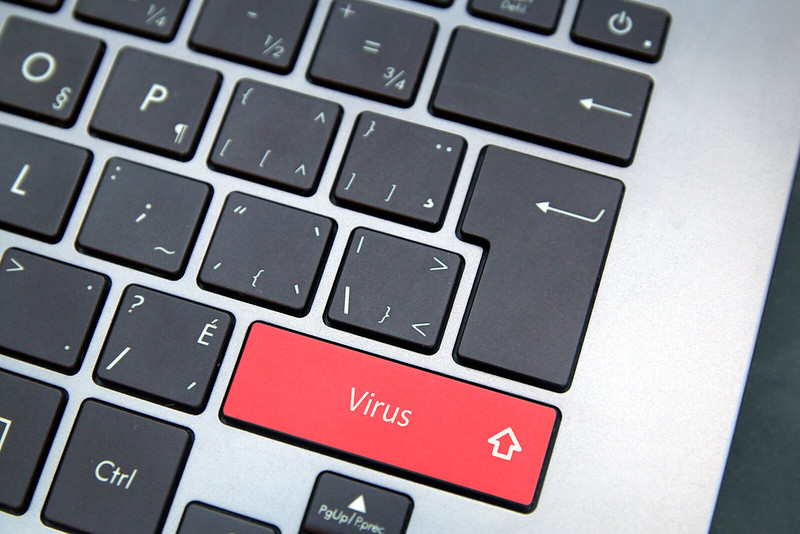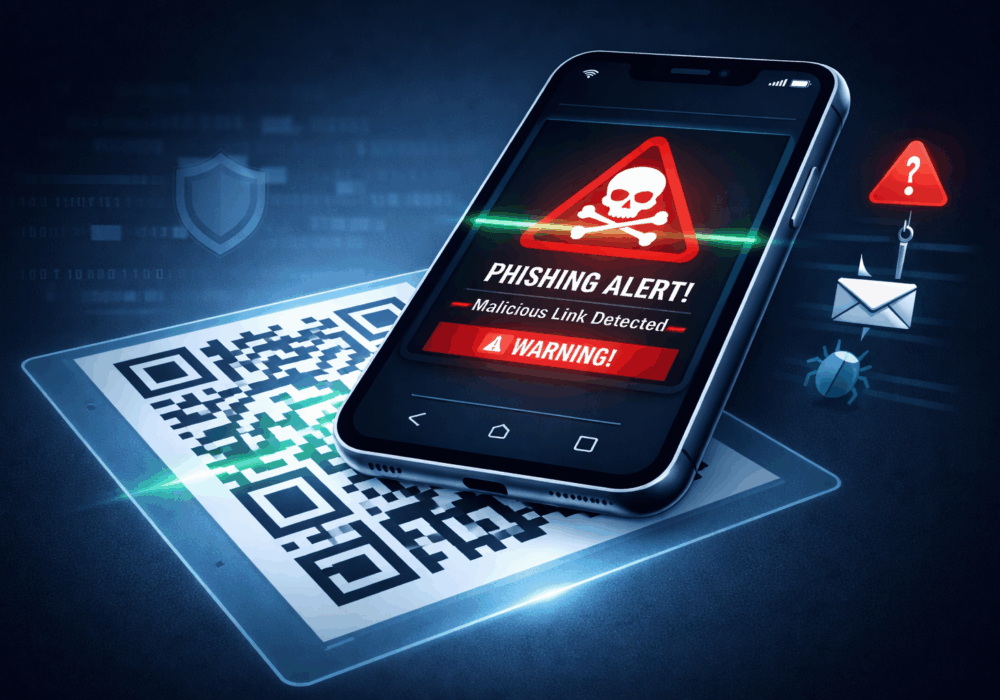
A virus is a computer program that can replicate itself, infect a computer without permission or knowledge of the user, and then spread or propagate to another computer. An example of this would be a trojan horse virus or a worm virus.
Your business needs to take proactive measures today to first reduce its chances of being hit by ransomware, phishing, or other cybersecurity attacks. Secondly, validate backups and disaster recovery plans are current and functioning in case you end up hit with ransomware. CyberHoot recommends the following best practices to avoid, prepare for, and prevent damage from these attacks:
Start building your robust, defense-in-depth cybersecurity plan at CyberHoot.
Related Term: Antivirus, Macro Virus, Malware, Malicious Code
Source: CNSSI 4009
Discover and share the latest cybersecurity trends, tips and best practices – alongside new threats to watch out for.

And How to Fix Them Let me make an educated guess. You moved to Google Workspace because it was supposed to...
Read more
Remember Heartbleed? That security nightmare from a few years back that made everyone panic about their...
Read more
Remember 2020? We scanned QR codes for everything. Restaurant menus. Parking meters. That awkward moment at a...
Read moreGet sharper eyes on human risks, with the positive approach that beats traditional phish testing.
